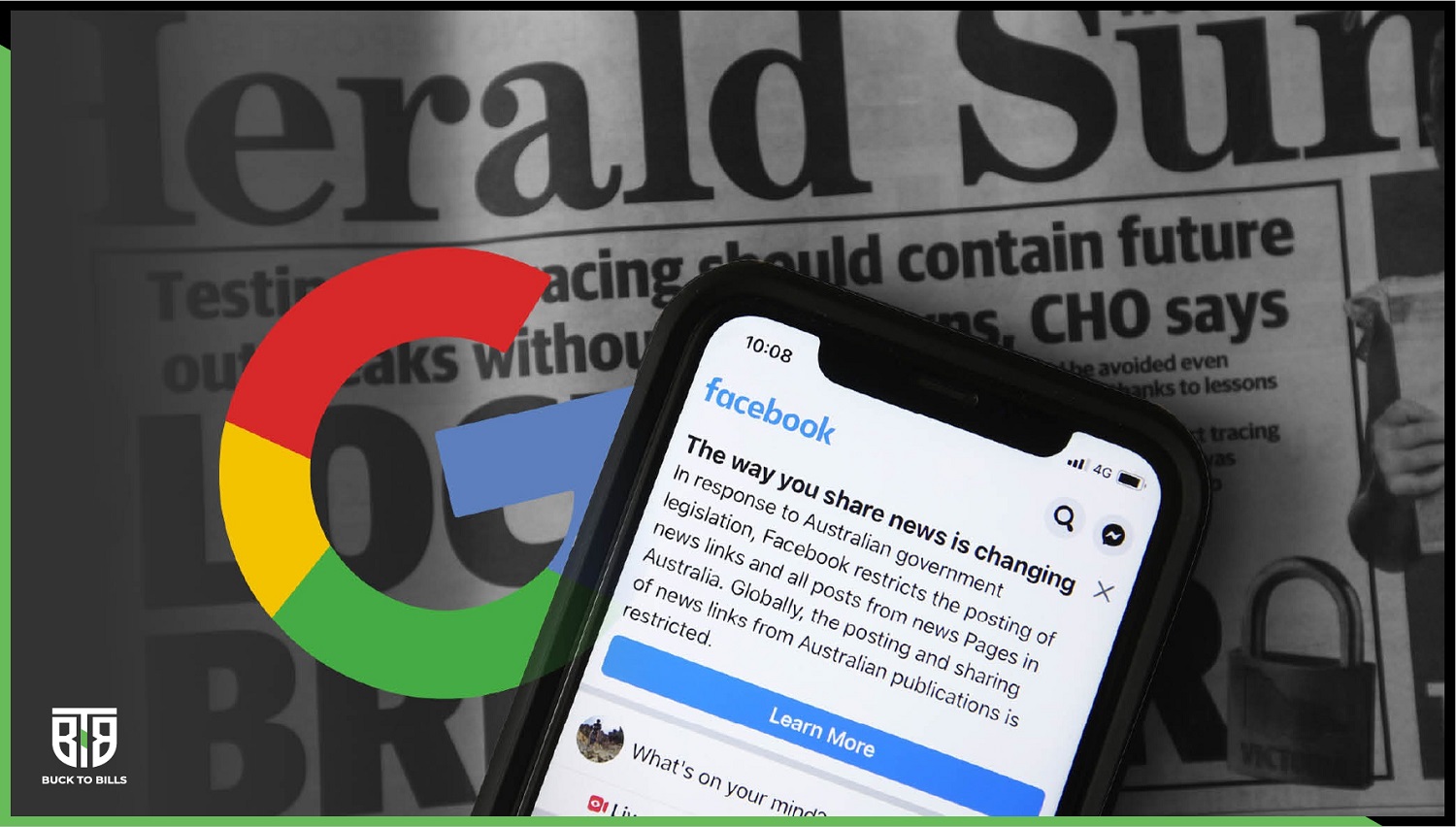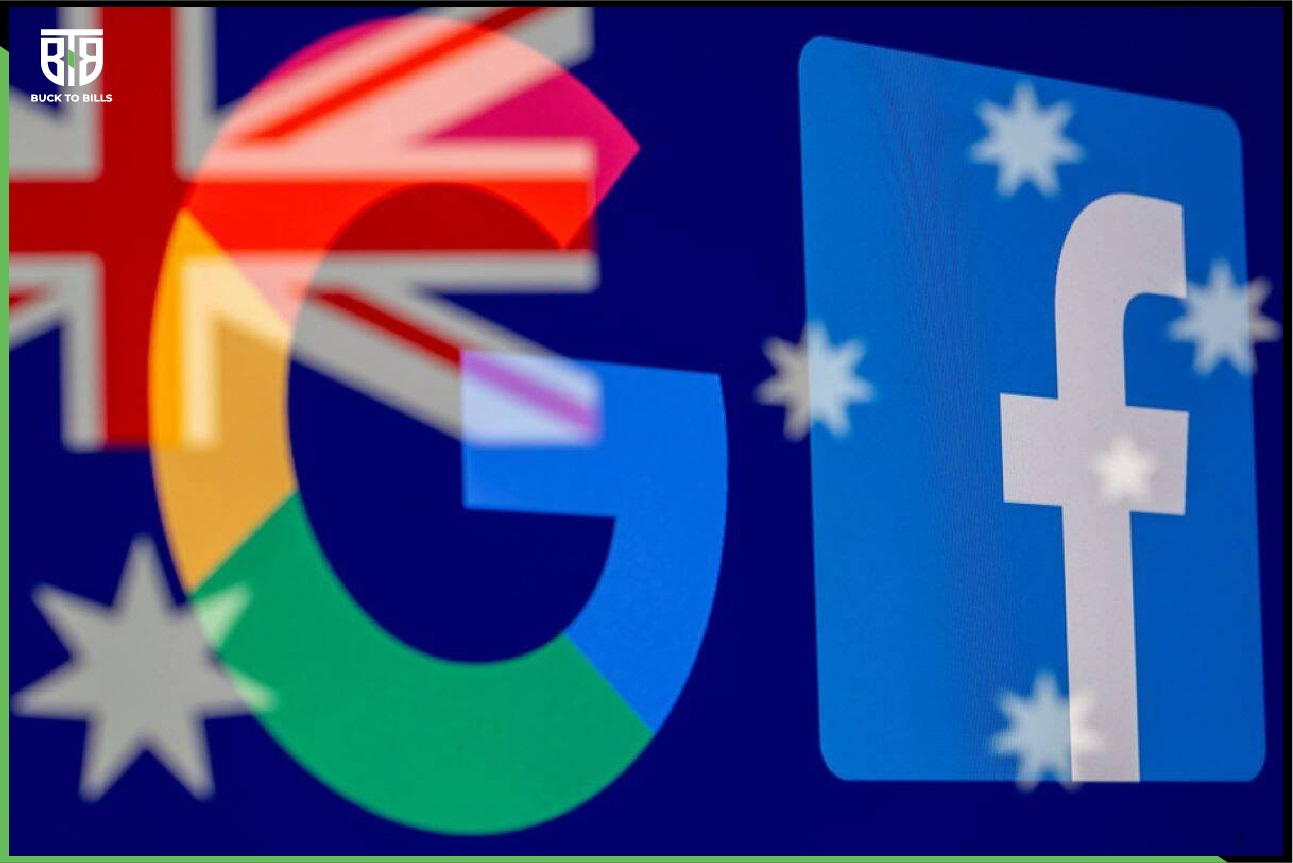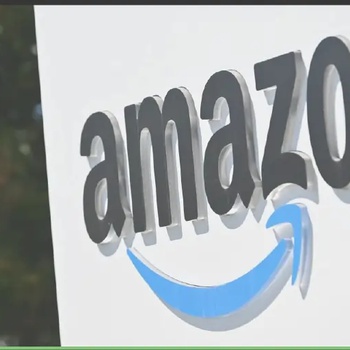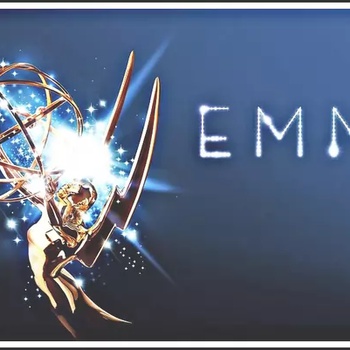A few days ago in a strong act of condemnation against Australia’s new Media Bargaining Code, Facebook has blocked the Australian news to its users. The decision, however, has been rolled back. Yet the issue, if Facebook has to pay the media enterprises to publish them on its platform remains to be debated. Let us understand what is going on between the Australian government and Facebook, which has become a new topic of debate around the world: What is the new Media bargaining code proposed by Australia?
What is the new Media bargaining code proposed by Australia?
The Australian government in the latest step introduced new legislation last December that mandates the big tech companies like Facebook and Google to enter into commercial agreements with news outlets to enable the latter’s content to be shown and shared on the former’s platforms.
Currently, news outlets across the world get only a portion of ad revenue generated from their content on these big tech platforms. Even this revenue is not stable and largely dependent on the algorithm of the big tech companies involved, which changes frequently that impacts the reach and visibility of news content and hence the revenue.
Recently, Google has inked a series of agreements that involves the commercial relationship of this big tech company with the news outlets involved in the agreement. The agreements involve Google with Seven West Media, and Rupert Murdoch’s News Corp that owns The Daily Telegraph, and The Herald Sun.
Why is Facebook unhappy with the code?
The Managing Director of Facebook, Australia, David Easton has emphasized the relationship between the platform and its publishers in a blog post. He also claimed that the new Australian code misunderstands this harmonious relationship between Facebook and its publishers. He clarified that the new code has left them with nothing less than to stop allowing news content on their platform.
He also attempted to distinguish the relationship between Facebook’s relationship with its publishers and that of Google’s. He said Google’s search engine is inseparably intertwined with that of the news publishers and they do not do it voluntarily, which is not the same with Facebook. News publishers willingly choose Facebook to post their content as it helps them grow their traffic and subscriptions thereby increasing the ad revenue. “This also offers the reasoning why Google has entered into the commercial agreements with the publishers,” Said Easton.
How does it impact Facebook?
Facebook claims that “only 4% of the content shown on newsfeed belongs to the news category” Facebook is steering towards softer and subtle content that could drive conversations within the network.
The UK has become the first country to separate news from the Facebook platform that has resulted in Facebook News- which Facebook terms as a network within the platform that features news from the most prominent news outlets. Facebook claimed that Australia is one of the countries on their list in which they are intending to introduce this feature but the code has thrown their plans into sidetrack.
Facebook and Google are currently clearing that if the new code is implemented successfully with both of them accepting the terms and conditions, it could result in a spillover effect throughout the world that makes them pay for the news.




















